Waldorf Blofeld Goes Soft: The Waldorf Wavetable Baddie Is Back, This Time in Software Form
“No, Mr. Bond, I expect you to VSTi.”
First the Microwave, now the Blofeld. The Waldorf Blofeld makes the jump to software – and you can even control the hardware with it.
Waldorf Blofeld Goes Soft
Waldorf’s Blofeld synthesizer is the company’s most popular, with both desktop and keyboard versions available of the wavetable/virtual analog synth. It’s also one of the best-selling synths in general, having been a steady seller since its debut in 2008. It’s not hard to see why. It’s affordable, is packed with wavetables from Waldorf’s greatest hits like the Microwave II and XT/XTk, and has way more power than the low price would suggest. Now, like the Microwave before it, the Waldorf Blofeld is making the jump to software.
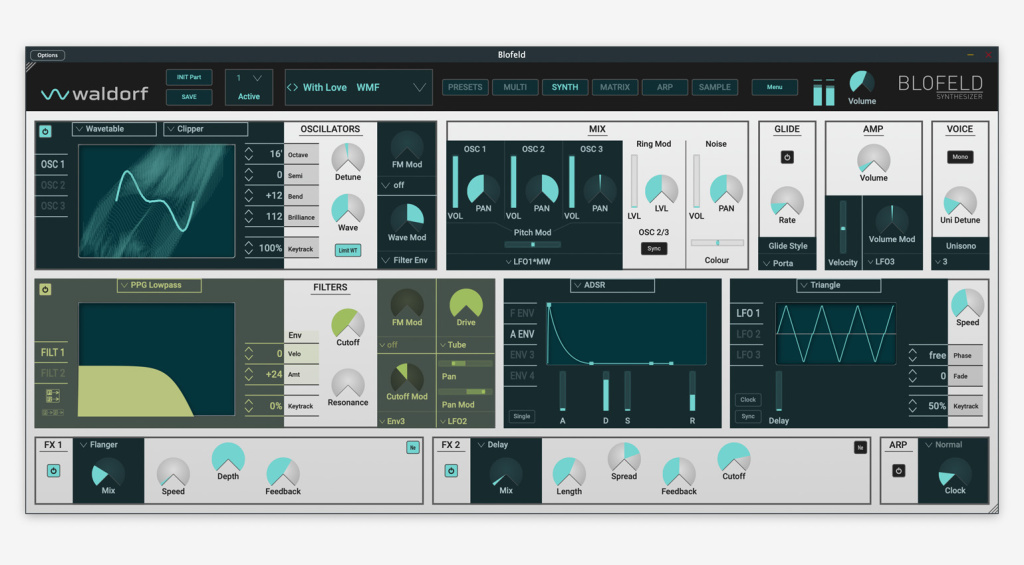
Synthesis Galore
The new software version of the Blofeld has all the same power as the hardware. If you’re unfamiliar, you may want to grab a notepad or something, as this thing can do a lot.
It starts with three oscillators per voice, each capable of playing wavetables, virtual analog (including the Q oscillator models), and samples. It can also do frequency modulation between oscillators. If the Waldorf legacy wavetables are not enough, there are 38 slots for user tables loadable from .midi and .wav files. There’s also a sample browser for loading, editing, and assigning samples.
Next, there are two independent multimode filters per voice plus filter FM and drive with selectable drive curves.
In terms of modulators, Waldorf Blofeld offers four envelopes with multiple modes, three LFOs with global and DAW sync, a modulation matrix with 16 slots, and four modifiers for more complex modulations.
Lastly, there are two effects slots per sound with Chorus, Flanger, Phaser, Overdrive, Triple FX, Delay, and Reverb.
Multi-Mode and Arpeggiator
As with the original hardware, the software Blofeld has 24 voices of polyphony and is 16-part multitimbral. You can layer sounds or create splits by key zone and velocity range. There’s also a multi instrument mixer with volume, panning, detuning, transpose, and more.
The arpeggiator “is one of the most powerful ones to be found in a Waldorf synthesizer,” according to the company. “In addition to 15 basic patterns, it offers a complex pattern editor for creating (your) own variations. This feature makes it a powerful tool.”
Hardware Control
One of the benefits of the new Waldorf Blofeld software is the ability to control the hardware. It effectively acts as a replacement for Spectre, Waldorf’s original editor. With the new plugin, you can edit all sound parameters on the hardware from the plugin, import presets from the hardware to the plugin, and send .midi presets, wavetables and samples files to the hardware.
Price and Availability
Waldorf Blofeld is available now in MacOS (VST, VST3, AU and AXX) and Windows (VST, VST3, AAX) formats. There’s an introductory promo price of €119 (including German tax) until January 2, 2025, at which point it will increase to an MSRP of €149. Owners of the Blofeld hardware can receive €30 off by entering their hardware serial number when purchasing the software directly from Waldorf.
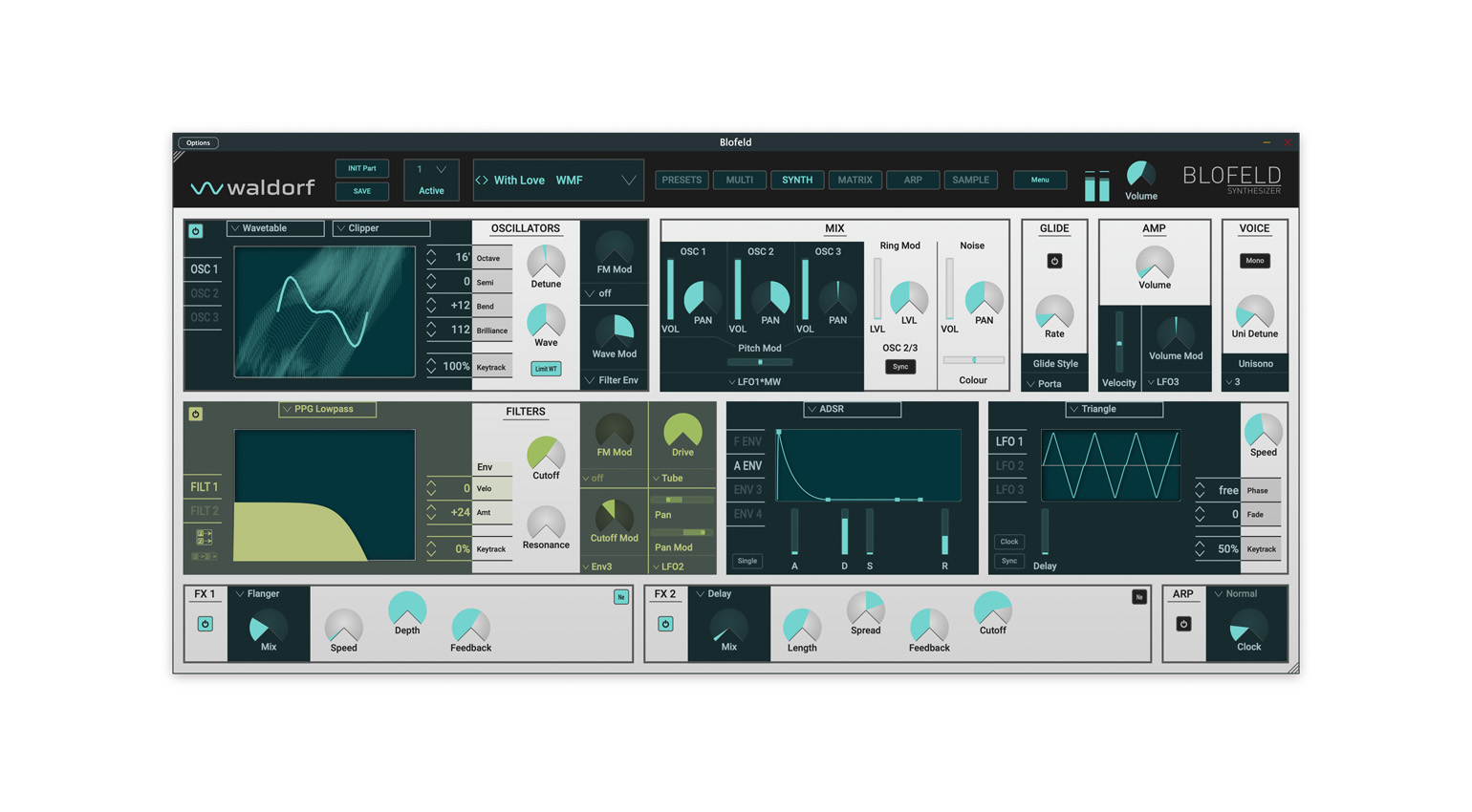

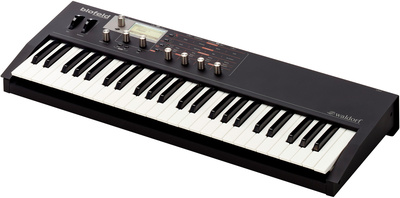

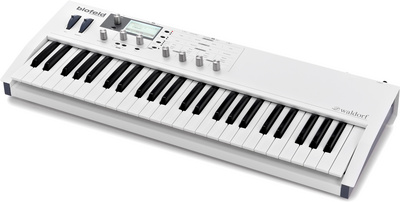

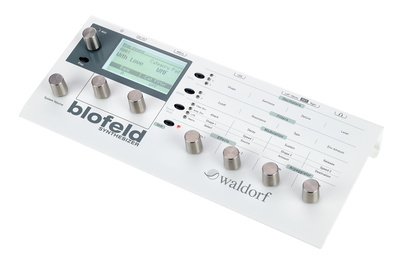
More Information
- Waldorf Blofeld plugin product page
- All about Waldorf
- All about synthesizers
One response to “Waldorf Blofeld Goes Soft: The Waldorf Wavetable Baddie Is Back, This Time in Software Form”
 5,0 / 5,0 |
5,0 / 5,0 | 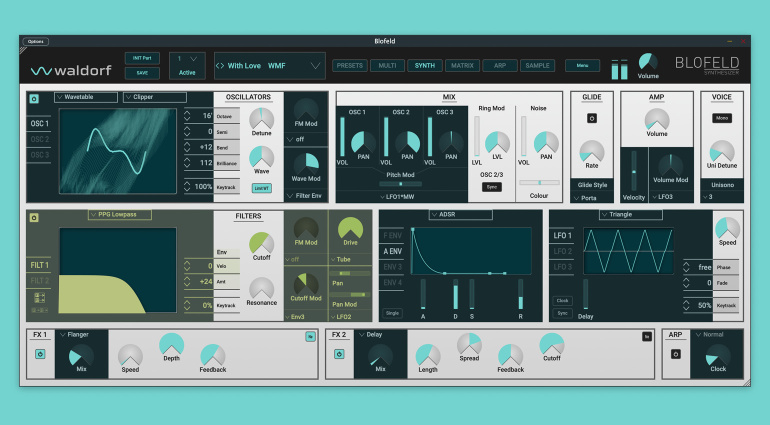

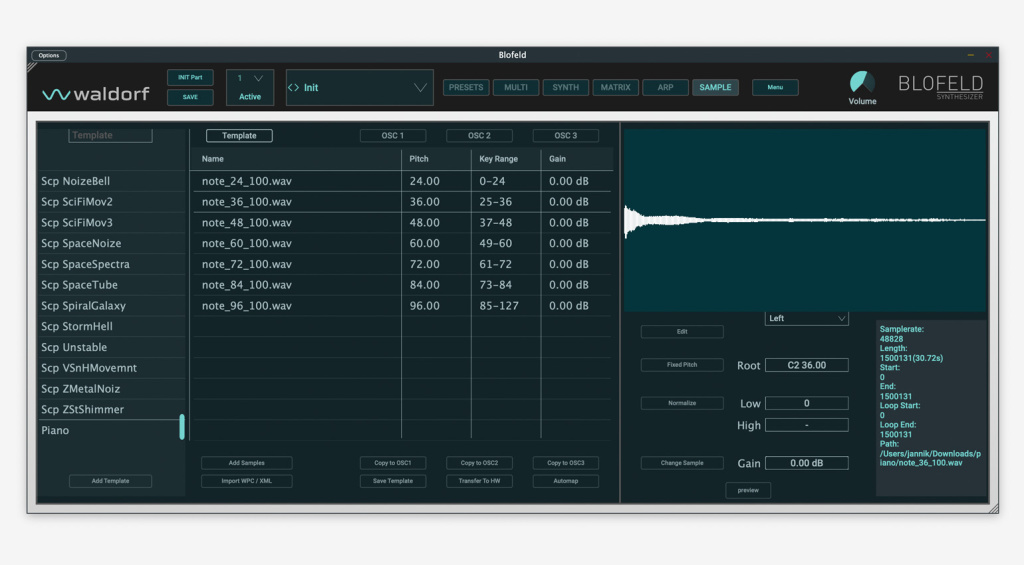
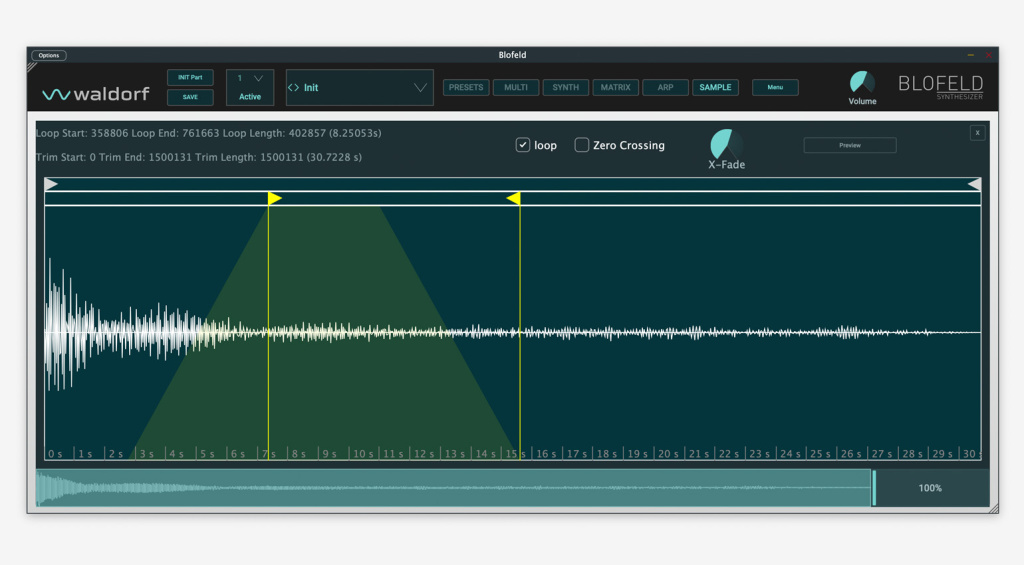
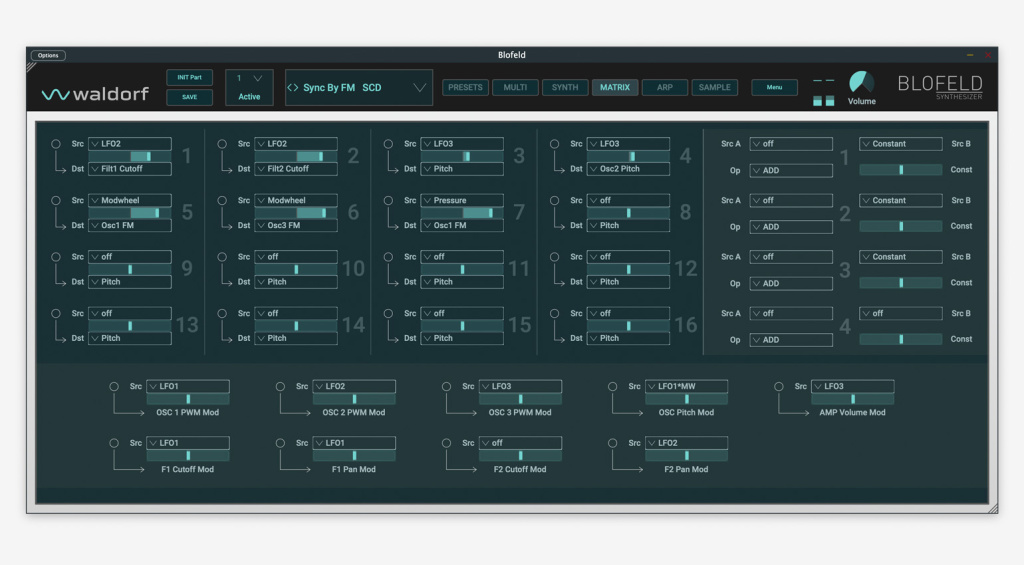
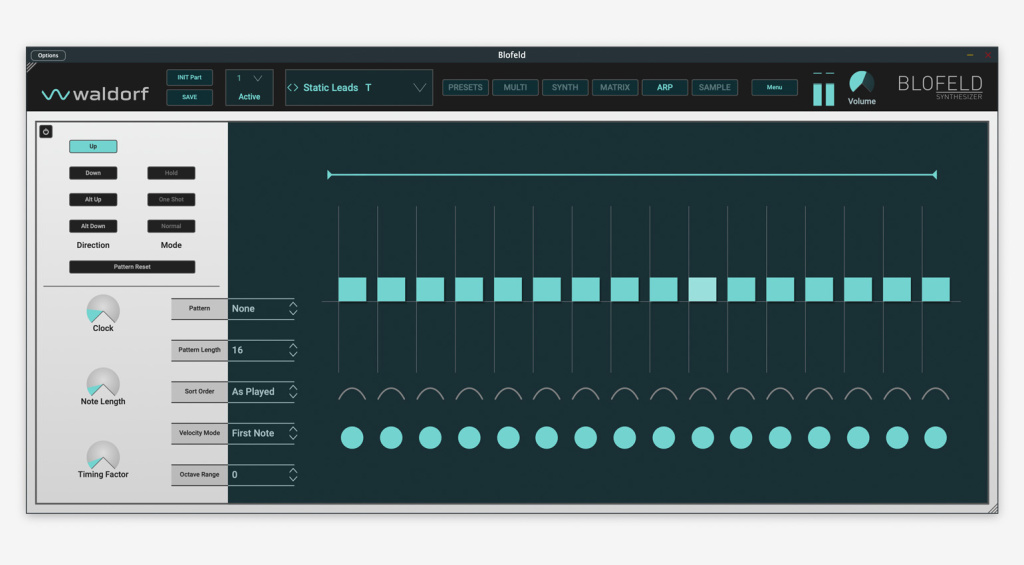
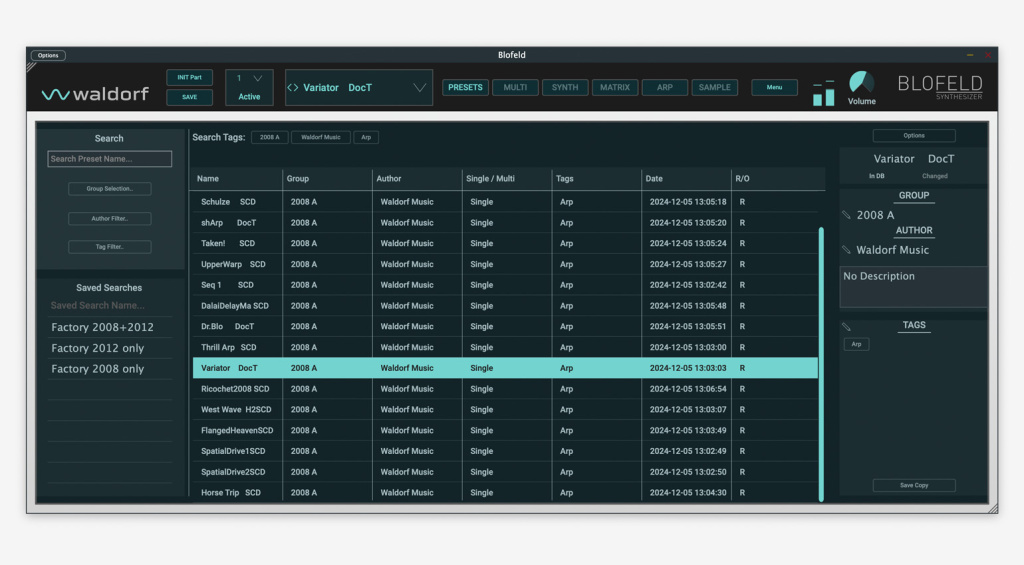
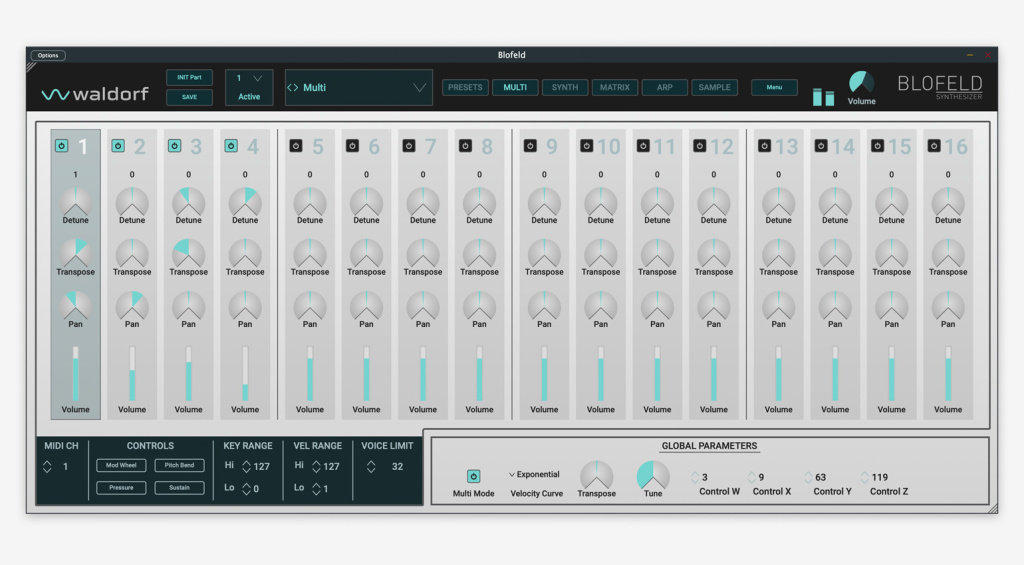

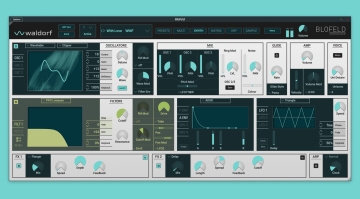

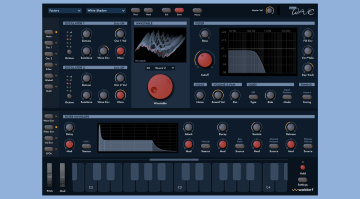
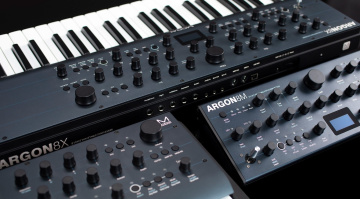
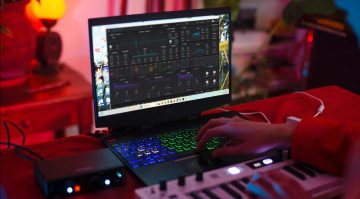
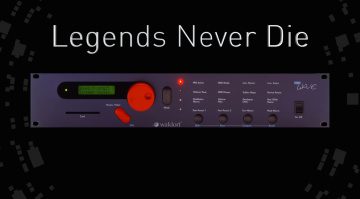

Waldorf already had a software version of the Blofeld – the Largo.